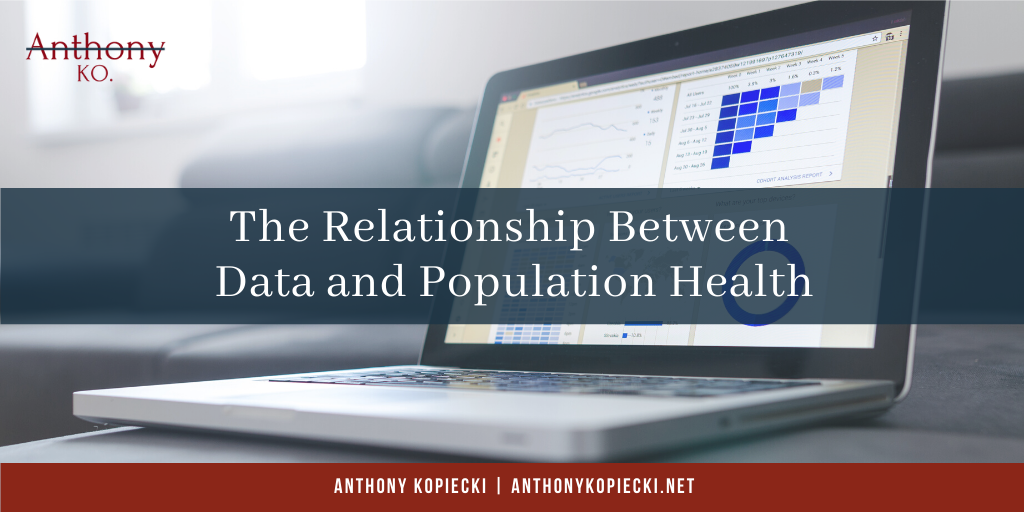Health analytics is a relatively new concept in the healthcare industry, one that blends information about public health with the growing capabilities of information technology. Public health officials have collected data about the health of different communities for many decades, always in the hope of preventing or eliminating disease outbreaks, determining the cause of a health problem, or for research. However, until recently, there were limits on how effectively that data could be organized and analyzed.
The IT Impact on the Health Field
The emergence of the electronic health record gave birth to the concept of health analytics. Health data that was once recorded paper charts, such as demographics, gender, vital signs, medication use, and diagnostic frequency, is now stored using electronic software. The software allows healthcare providers to visualize patterns within the data for the first time. Because software algorithms can process much larger and more complex volumes of information, they have turned out to be invaluable in generating pictures of population health.
How Does Data Affect Population Health?
Every individual’s health is affected by a dizzying number of variables. Each of us is the complex product of our genes, gender, race, diet, education level, environmental exposure, and lifestyle choices, all of which are often influenced by the specific community in which we live. The connection between all of these particular variables was challenging to analyze in the past. But, the use of electronic data analysis today helps reveal useful trends within specific health populations. This data assists with both individual treatment plans and public health initiatives. For example, you can look at the risk of breast cancer among white, middle-income females of a specific age; data reports can incorporate (non-identifying) information on thousands of women in an area, sometimes for multiple generations, allowing doctors to make better-informed decisions about course of treatment. With health analytic software, there is no limit on what combination of data can be used to examine a potential health issue.
The Future of Health Analytics
Health analytics is one of healthcare’s fastest-growing fields. Health data will be essential in the future as a critical measure in public health, helping health care professionals create programs that address critical issues within communities, such as drug use, underage pregnancy, or the development of diabetes. Using data to pinpoint vulnerabilities within specific patient populations will be the foundation of all healthcare policies in the future. Instead of being reactional to healthcare outcomes, providers are able to make plans for patients based on collected healthcare data. We’ve seen success with this for women experiences heart issues and heart attacks. Analytics are able to identify who could be at risk for a heart attack before a heart attack happens. Some of this data is based on age, race, dietary preferences, and previously gathered health data.

